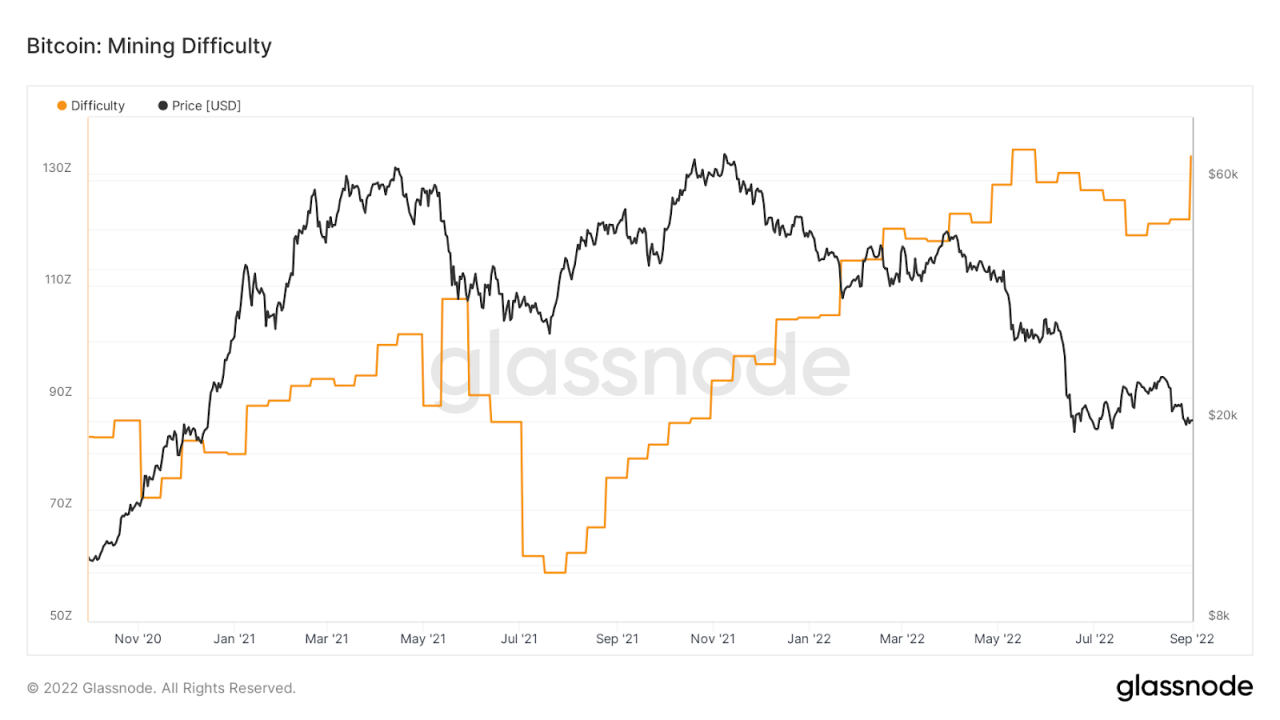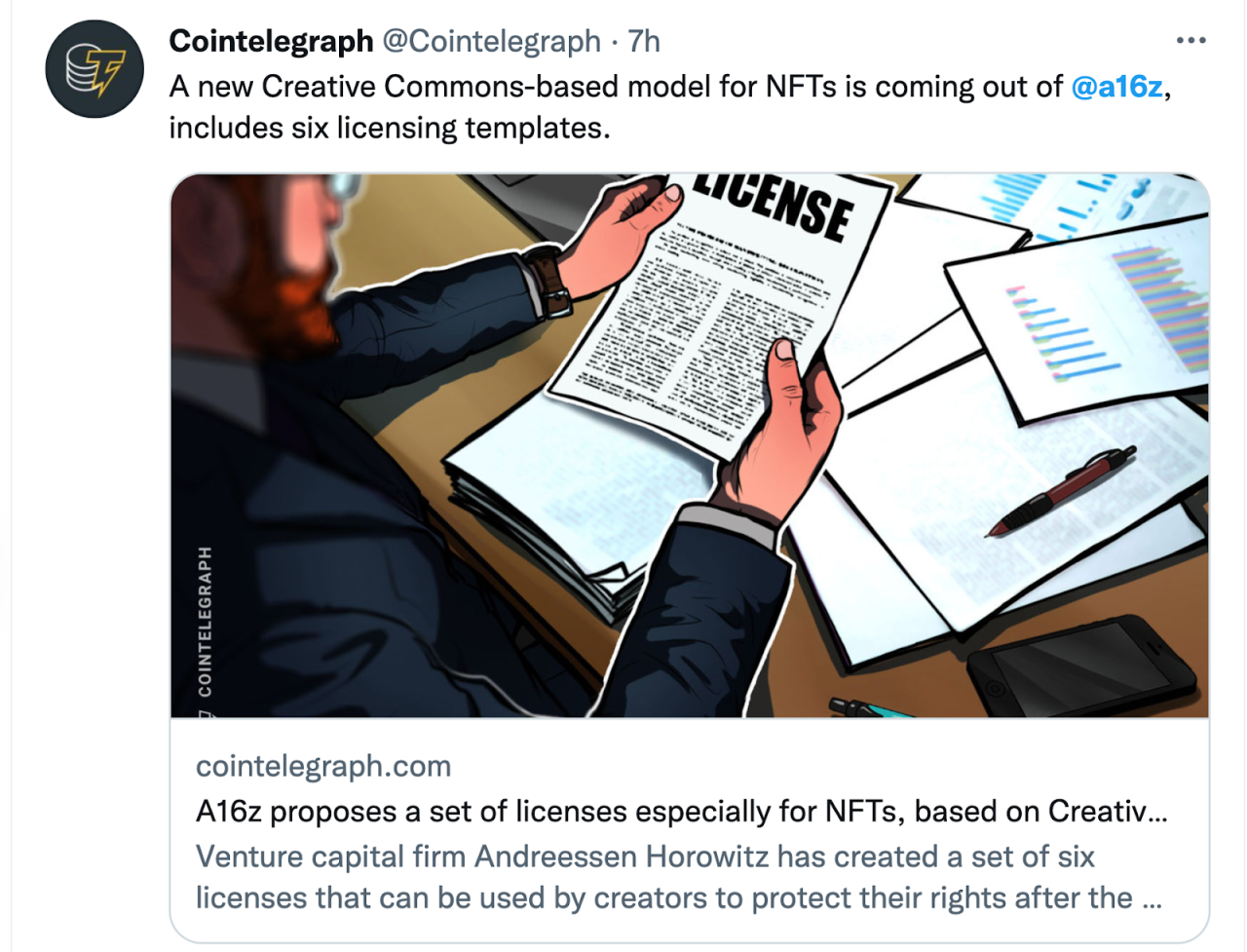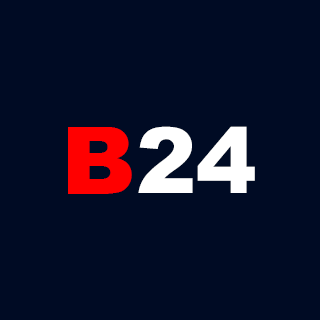
Bybit: BTC Mining Difficulty Sees Largest Adjustment Since Jan, a16z to Launch NFT Copyright Licenses
Chart of the Day
The broader crypto market saw a slight downside correction in the early hours of Thursday (Asian trading hours) after the minor rally driven by Asian investors began to show signs of exhaustion. As of the time of writing, BTC is trading precariously above the $20k level after dipping by 1.4% in the last 24 hours. The largest cryptocurrency by market cap is consolidating at a make-or-break level with bears exerting pressure from the $20.3k to $20.5k zone. Failure to rise above this resistance zone will likely send BTC to test its previous support near the $19.5k level.
In the derivatives market, The 2023Q2 BTC quarterly futures saw its basis plunging below 0.2%, reaching levels that are on par with the spot. Options skew started a downside acceleration, suggesting a significant rise in bearish sentiment. However, not all is gloom and doom. BTC mining difficulty has increased by 9.26% after the latest adjustment, the largest since January this year. At the same time, BTC’s hash rate jumped by more than 12% on the back of facilities coming online as the heat wave subsides, and new and more efficient rigs entering the market.
ETH kickstarted a technical correction after failing to clear resistance near the $1,620 level. As of the time of writing, the second-largest cryptocurrency by market cap is consolidating losses above the $1,500 handle, after shedding 3% of its market value over the past 24 hours. The 100-hour moving average remains a key support for ETH and the immediate resistance level sits near $1,580. Most major altcoins are largely in the red, with the exception of MATIC and FLOW, which are struggling to maintain a 1% gain over a similar time frame.
Talk of the Town

Venture capitalist a16z is launching NFT-specific copyright licenses to help creators protect or release their intellectual property. The free licenses, dubbed “Can’t Be Evil”, seek to create an irrevocable baseline for intellectual property rights for NFT holders, and remove potential vulnerabilities by explicitly outlining what these IP rights entail. These “Can’t Be Evil” licenses will make NFT ecosystems “more trustless” and “thereby harmonizing real-world ownership with on-chain ownership”, says Miles Jenning and Chris Dixon, the company’s general counsel and founder, in a press release.
Crypto & blockchain articles are created with the support of ByBit – leading crypto platform.

